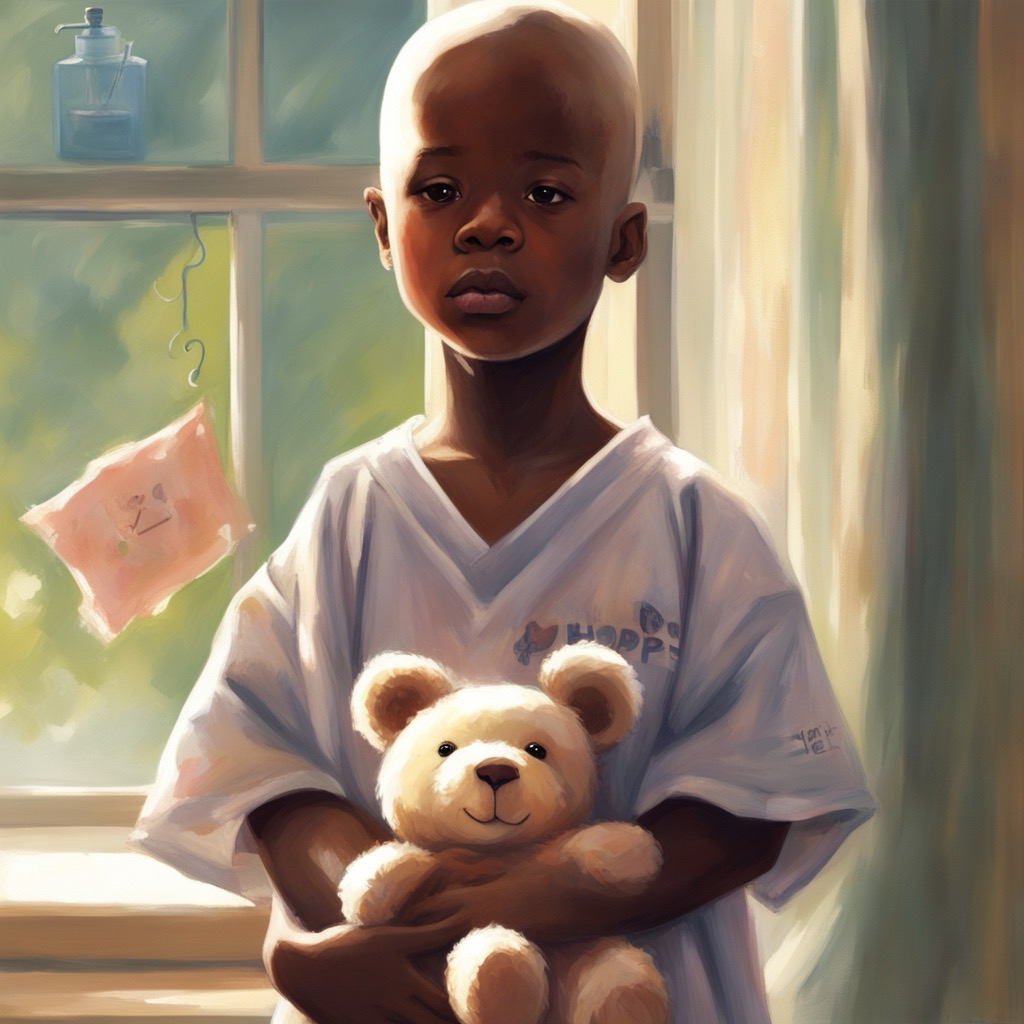
Listen up, Pinky Prof tribe. Today is World Brain Tumour Day, and it’s time to have a serious conversation about this deadly disease. Brain tumours are no joke, and the impact they have on individuals and families is devastating.
Let’s start with the facts. Brain tumours are abnormal growths of cells in the brain. They can be benign or malignant, but either way, they have the potential to wreak havoc on the body. Symptoms can vary depending on the location and size of the tumour, but they often include headaches, seizures, memory problems, and changes in personality. Treatment options range from surgery to radiation and chemotherapy, but the prognosis for many patients is grim.
Now, here’s the thing. Brain tumours don’t discriminate. They can strike anyone, regardless of age, gender, or ethnicity. Yes, that’s right. You could be the fittest, healthiest person on the block and still fall victim to this insidious disease. So, what can we do about it?
First and foremost, we need to raise awareness. People need to know the signs and symptoms of brain tumours so they can seek help early. We also need to invest in research to better understand the causes and potential treatments for this disease. Brain tumours are not a death sentence, but without proper resources and support, they can be.
And let’s not forget about the caregivers. The families and friends who stand by their loved ones through the darkest days of their illness. They deserve our support and appreciation. Caring for someone with a brain tumour can be physically, emotionally, and financially draining. We need to ensure they have the resources they need to cope with the challenges they face.
So, what can you do to make a difference on World Brain Tumour Day? Start by educating yourself and others about this disease. Learn the warning signs, spread the word, and support organizations that are working to find a cure. Donate your time, money, or resources to help those affected by brain tumours. Every little bit counts.
And remember, life is precious. We often take our health for granted until it’s too late. Take care of your body and mind, eat well, exercise regularly, and get regular checkups. You never know when a brain tumour could strike, so take every precaution to protect yourself and your loved ones.
In conclusion, World Brain Tumour Day is a time to raise awareness, show support, and take action. Brain tumours are a serious and often deadly disease that can affect anyone. We must come together as a community to fight this disease and support those who are battling it. Let’s stand up, speak out, and make a difference. The time to act is now. Let’s make World Brain Tumour Day the beginning of the end for this terrible disease. Thank you.
Notes
What steps can we take to ensure that research and funding for brain tumour treatment and prevention continue to increase?
1. Advocate for increased funding: Individuals and organizations can lobby government agencies, research institutions, and pharmaceutical companies to dedicate more resources towards brain tumor research. This can be done through petitions, fundraising events, and public awareness campaigns.
2. Support non-profit organizations: Support organizations that are dedicated to funding brain tumor research, such as the National Brain Tumor Society or the American Brain Tumor Association. By donating or volunteering with these organizations, individuals can help ensure that research and funding for brain tumor treatment and prevention continue to increase.
3. Encourage collaboration among researchers: Facilitate collaboration among researchers and healthcare professionals working on brain tumor research. By sharing knowledge and resources, researchers can accelerate progress in developing new treatments and preventive measures for brain tumors.
4. Increase public awareness: Educate the public about the importance of brain tumor research and the impact of these tumors on individuals and families. Increased awareness can help generate more public support for research funding and advocacy efforts.
5. Participate in clinical trials: Individuals diagnosed with brain tumors can participate in clinical trials for new treatments and therapies. By enrolling in clinical trials, patients can help advance research and contribute to the development of more effective treatments for brain tumors.
6. Advocate for policy changes: Support policies that prioritize funding for brain tumor research and ensure that patients have access to cutting-edge treatments and therapies. By advocating for policy changes at the local, state, and national levels, individuals can help shape the research landscape and improve outcomes for brain tumor patients.
By taking these steps, we can help ensure that research and funding for brain tumor treatment and prevention continue to increase, ultimately leading to better outcomes for individuals affected by these tumors.
CHECKOUT MY RADIANCE SECRET HERE





